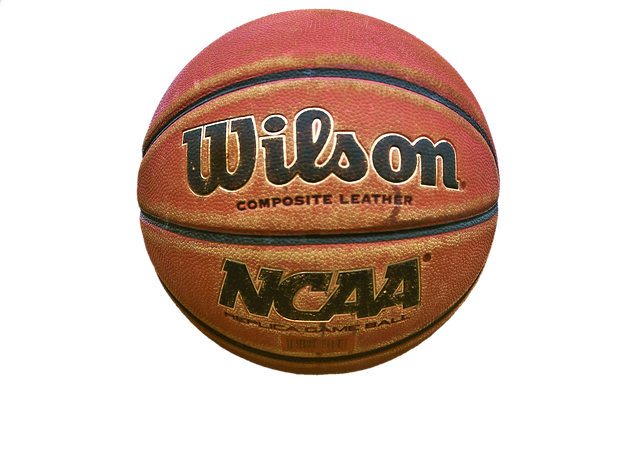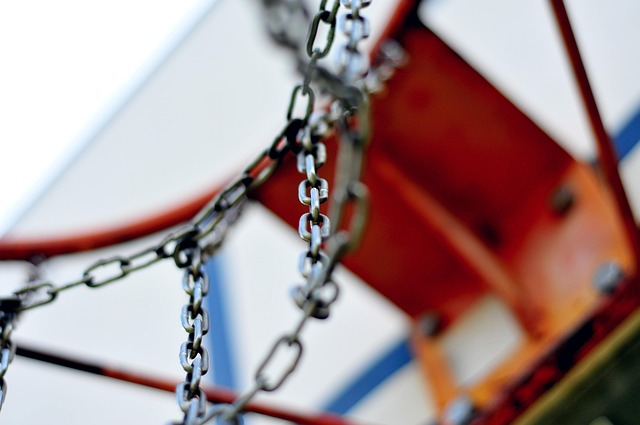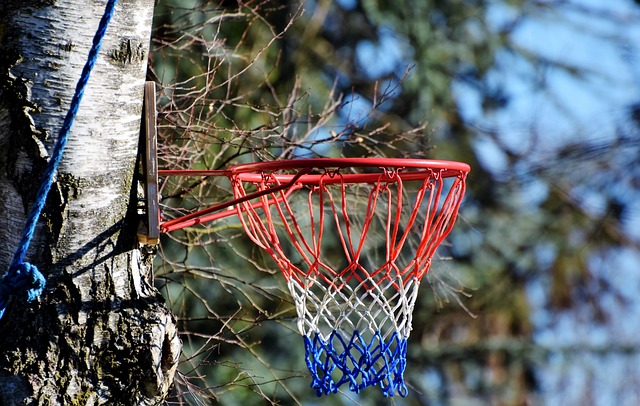Scouting is a pivotal process in women's basketball, driving team success and player development by evaluating players' skills, athleticism, work ethic, and potential. Effective scouting aids in strategic roster construction, personalized training, and staying ahead of future trends. It contributes to the sport's evolution by uncovering and nurturing the next generation of stars. Scouts meticulously assess players beyond physical attributes, using game attendance, film study, and off-court interactions to guide recruitment strategies. A strong network between coaches and scouts, driven by ethical considerations and comprehensive player profiles, ensures fair and effective scouting while fostering well-rounded athletes ready to excel both on and off the court.
Scouting plays a pivotal role in shaping the future of women’s basketball, acting as a catalyst for discovering and nurturing the next generation of stars. This article delves into the intricate world of scouting within the women’s basketball program, exploring its profound impact on team success. We unravel the essential skills required to identify top talent, delve into building robust networks between coaches and scouts, discuss ethical considerations, and present compelling case studies highlighting successful scouting efforts that have launched impressive careers in women’s basketball.
- Understanding the Impact of Scouting on Women's Basketball Teams
- The Role of Scouts in Identifying Future Stars
- Evaluating Skills: What Makes a Player Stand Out?
- Building a Network: Connecting Coaches and Scouts
- Ethical Considerations in Scouting for Women's Basketball
- Case Studies: Successful Scouting Stories in Women's Basketball
Understanding the Impact of Scouting on Women's Basketball Teams
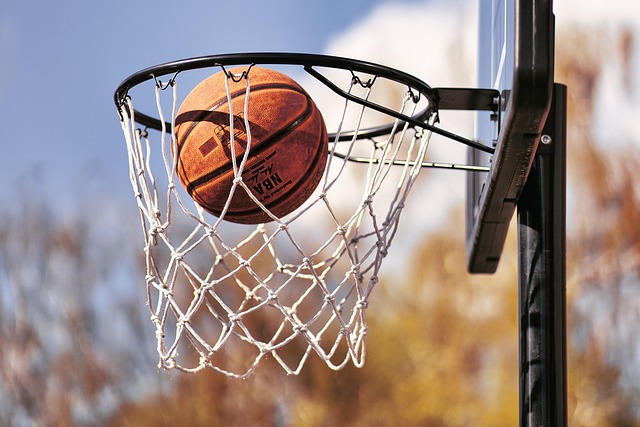
Scouting plays a pivotal role in shaping the success and development of women’s basketball teams, serving as a crucial tool for coaches to identify and recruit top talent. By meticulously analyzing players’ performances during games and practices, scouting reports provide valuable insights into each athlete’s skills, strengths, weaknesses, and potential. This process is instrumental in helping coaches make informed decisions when constructing their rosters, ensuring they assemble a team capable of competing at the highest level.
The impact of effective scouting extends beyond roster construction. It empowers coaches to develop tailored training programs that address specific areas of improvement for each player, fostering their growth and enhancing their overall performance. Moreover, scouting allows teams to stay ahead of the curve by identifying emerging stars and promising prospects early on, giving them an edge in the competitive landscape of women’s basketball. As a result, well-conducted scouting not only contributes to team success but also plays a significant role in shaping the future of the sport by unearthing and nurturing the next generation of women’s basketball stars.
The Role of Scouts in Identifying Future Stars
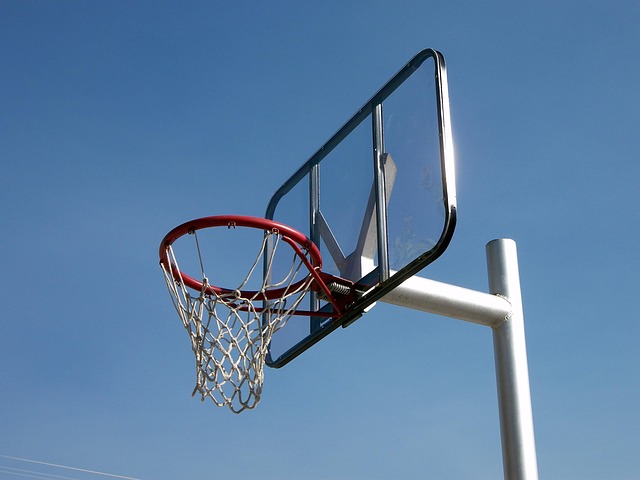
Scouts play a pivotal role in the women’s basketball landscape, acting as the eyes and ears that help programs unearth future stars. Their meticulous evaluations go beyond mere physical attributes, delving into players’ skills, athleticism, and intangibles like work ethic and leadership potential. By attending games, studying film, and interacting with players off the court, scouts provide invaluable insights to coaches and program directors, guiding recruitment decisions that shape the competitive edge of teams for years to come.
In this fast-paced sport, where talent is constantly evolving, scouts are instrumental in identifying trends and patterns among rising players. Their expertise allows them to anticipate future successes, ensuring that women’s basketball programs remain at the forefront by securing top talent early on. This proactive approach not only strengthens teams’ performance but also fosters a culture of excellence that resonates throughout the entire league.
Evaluating Skills: What Makes a Player Stand Out?

In the competitive landscape of women’s basketball, identifying promising scouts is an art that involves meticulous skill evaluation. Coaches and recruiters look beyond basic athleticism to uncover unique attributes that set players apart from their peers. Among the key skills that captivate scouts are exceptional ball-handling prowess, demonstrated through agile dribbling and precise passing. Women’s basketball stars often display a natural grace and quickness with the ball, allowing them to create scoring opportunities and dictate the flow of the game.
Furthermore, a player’s ability to read the court and make split-second decisions is invaluable. Scouts seek individuals who can anticipate their teammates’ moves, execute crisp cuts to the basket, and make accurate shots under pressure. These skills, combined with a relentless work ethic and a passion for the game, contribute to building a strong case for a player’s potential to become a standout in women’s basketball programs.
Building a Network: Connecting Coaches and Scouts

Building a strong network is paramount in scouting, especially for women’s basketball programs aiming to discover the next generation of stars. Effective communication and collaboration between coaches and scouts are key to unlocking this potential. By fostering an environment where ideas and insights are freely shared, programs can enhance their recruiting efforts significantly.
Coaches provide valuable on-court assessments of players’ skills and intangibles, while scouts offer a deeper dive into off-court attributes, academic achievements, and personal development. Connecting these two perspectives creates a comprehensive profile of each prospect, enabling programs to make informed decisions. This network effect multiplies the effectiveness of scouting, ensuring that women’s basketball stars of tomorrow are not only talented athletes but also well-rounded individuals prepared for the rigors of competitive play and beyond.
Ethical Considerations in Scouting for Women's Basketball

When scouting for women’s basketball talent, ethical considerations are paramount to ensure a fair and respectful process. It’s crucial to avoid any form of bias or discrimination based on gender, race, or social background. The focus should be on evaluating players’ skills, potential, and commitment to the sport, not personal attributes unrelated to performance.
Scouting professionals must also respect the privacy of players and their families. Consent is essential before collecting and sharing personal data or video footage. Additionally, maintaining transparency in the scouting process fosters trust among athletes, ensuring they are assessed objectively for their basketball prowess rather than being subjected to unfair biases or stereotypes commonly associated with women’s sports.
Case Studies: Successful Scouting Stories in Women's Basketball
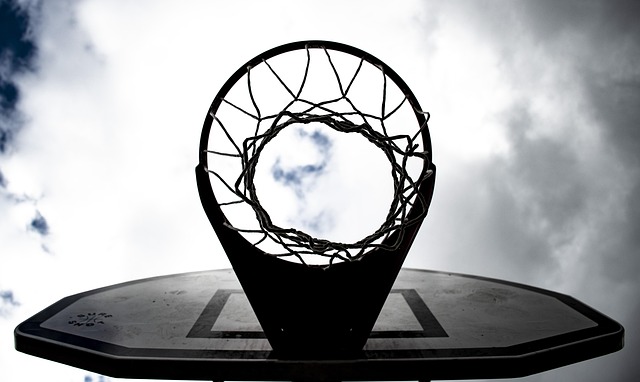
In the dynamic world of women’s basketball, effective scouting plays a pivotal role in shaping successful programs. Let’s explore some compelling case studies that highlight exceptional scouting strategies and their impact on discovering and nurturing future women’s basketball stars. These stories illustrate how meticulous evaluation processes can lead to remarkable achievements on and off the court.
One notable example is the journey of a small college team that implemented a data-driven approach to scouting. By analyzing advanced metrics and studying film extensively, they identified undervalued talent who went on to become key contributors to their team’s national championship run. This success demonstrates that going beyond traditional methods can uncover hidden gems—players with unique skills and intangibles that contribute to team dynamics. Similarly, another top-tier program’s focus on player development and character building through scouting has led to a consistent pipeline of not just talented athletes but also responsible role models, ensuring the long-term success and legacy of their basketball program.









